Nature reports
Publisher: NIOZ Royal Netherlands Institute for Sea Research
Page 2 of 7 - 66 Results
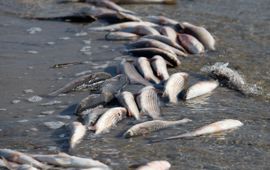
As more and more nutrients from land and air enter the world’s oceans, the dead zones without oxygen in the water will increase in size and intensity. That is the warning that PhD student Zoë van Kemenade, an organic geochemist at..
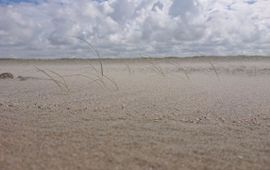
Plants are not interchangeable when it comes to forming young dunes on a beach. This is shown in the thesis of coastal ecologist Carlijn Lammers of NIOZ. She discovered that sand couch and marram grass form different types of..

Iron that fertilizes the waters around Antarctica mostly comes from the deep, upwelling waters and the sediments there. That is shown by field research of NIOZ marine biogeochemist Hung-An Tian in the Amundsen Sea and the Weddell..

Professor of coastal ecology and NIOZ scientist Tjisse van der Heide receives a prestigious Vici grant for his research on coastal ecosystem restoration. NWO announced today that Van der Heide will receive a grant of one and a..
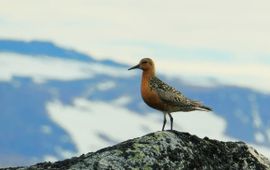
Climate change may speed up the emergence of insects in northern countries at the end of winter. This may cause breeding birds, migrating from the south, to come too late to benefit from the insect peak if they do not adjust their..
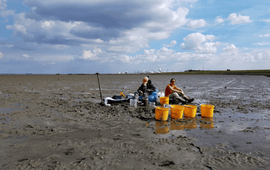
If storms become stronger in the future due to climate change, more nitrogen may be released from the bottom of coastal seas. This is shown by research of marine biogeochemist Dunia Rios-Yunes at The Netherlands Institute for Sea..
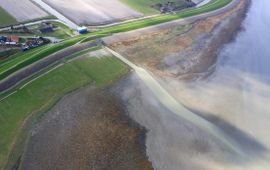
Particularly in spring, less and less fresh water flows from Dutch and German rivers into the Wadden Sea. This affects the life of algae and, therefore, fish and birds on the mudflats as well. ..
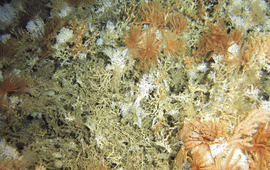
Corals searching for food in the cold and dark waters of the deep sea are building higher and higher mountains to get closer to the source of their food. But in doing so, they may find themselves trapped when the climate changes...
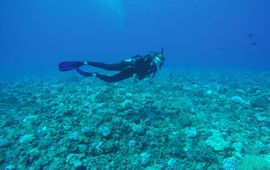
Coral that is exposed to higher temperatures, releases more and different organic matter into the seawater. In doing so, the coral feeds unwanted bacteria as well. This is shown by research of marine biologist Milou Arts of NIOZ...

The restoration of mussel beds in the Wadden Sea or the Delta is a lot more successful when young mussels are helped a little with low, protective fences on the bottom. That is shown by research conducted by marine biologist..
